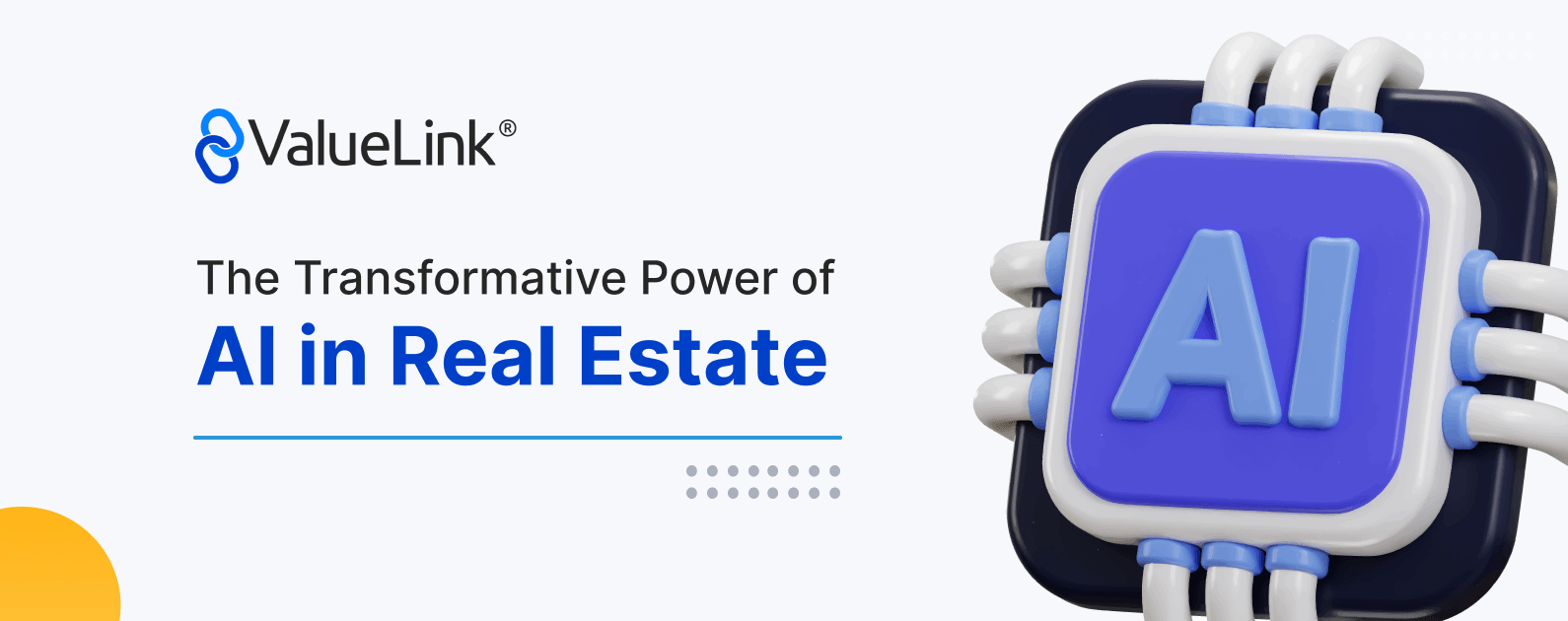
Artificial intelligence (AI) is revolutionizing how the real estate industry operates, impacting everything from property management to transactions. Its ability to process large datasets, predict trends, and automate tasks is helping real estate firms operate more efficiently and create a more customer-centric experience. For the industry to fully harness AI’s benefits, companies must embrace these changes and adapt to a more technology-driven environment.
Generative AI, for instance, is enhancing decision-making across the real estate lifecycle by offering better predictions for market trends and optimizing internal processes like property management and customer engagement. However, for AI to deliver its full potential, firms must overcome operational and cultural barriers that can hinder its implementation.
AI is revolutionizing real estate transactions by automating document management, contract creation, and negotiations, resulting in faster, more accurate processes. AI-driven valuations, which analyze various factors such as past sales and neighborhood trends, are more objective and reliable than traditional methods. These advancements are helping real estate professionals reduce bias, minimize manual errors, and make smarter, data-driven decisions.
AI’s role in real estate is expected to grow as it becomes more integrated into everyday operations. From lead generation to tenant management and sales automation, AI’s impact will be profound. Companies that adopt AI will likely gain a competitive edge, as it enables them to scale more efficiently and innovate faster. However, for real estate firms to fully realize the potential of AI, they will need to adjust their operating models and cultivate a data-driven culture that embraces technological innovation.
For more information on how AI is shaping the future and how innovative solutions can give your business a competitive edge, explore the ValueLink Advantage.
© 2025 ValueLink and all related designs and logos are trademarks of ValueLink Software, a division of Spur Global Ventures Inc.